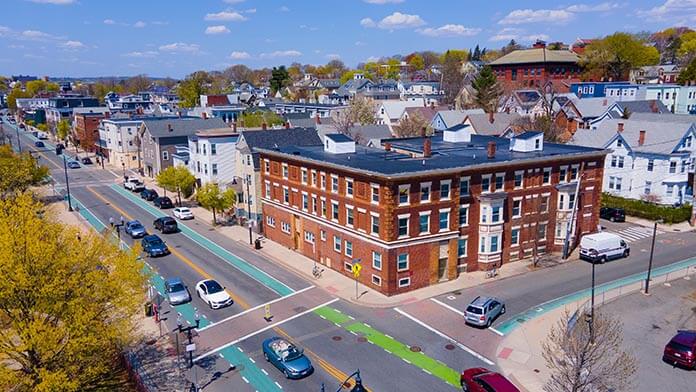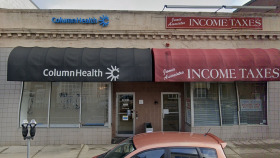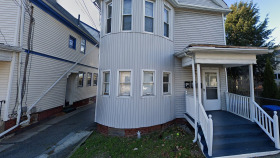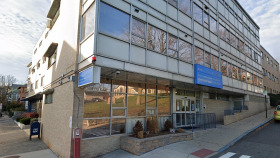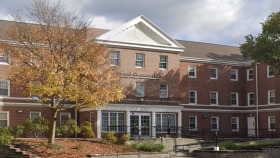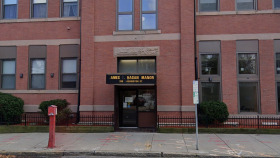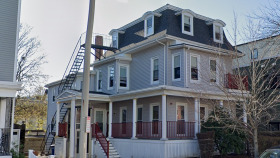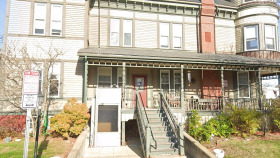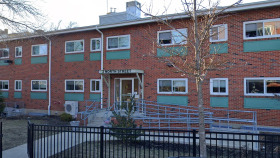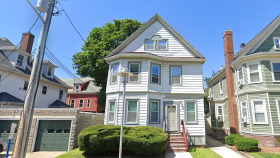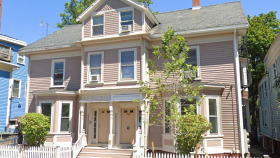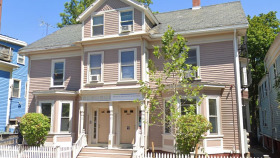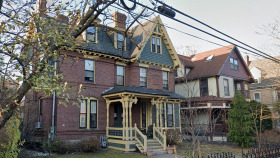Alcohol and Drug Use Statistics in Somerville, MA
In 2021, Somerville authorities reported 21 drug/narcotic violations and made 4 drug/narcotics violation arrests.3
Somerville authorities made 28 drug seizures in 2021.3
There were 13 arrests for driving under the influence in Somerville in 2021 – a 62.5% increase from 2020.3
In 2020, the opioid dispensing rate in Middlesex County was 22.6 per 100 persons.5
How to Pay for Substance Addiction Treatment in Somerville, Massachusetts
Private Insurance
Every insurance provider is required by law to cover substance abuse and mental health treatment services to some extent. Contact your provider to learn about the specific coverage they offer, which varies by company.
Massachusetts Medicaid
In Massachusetts, Medicaid and the Children’s Health Insurance Program (CHIP) are rolled into one program, called MassHealth. MassHealth members may be able to cover the cost of rehabilitation treatment services through this government-funded program. Massachusetts residents must apply for benefits, and the treatment provider must accept MassHealth as a method of payment.
Massachusetts Medicare
Massachusetts Medicare is a program funded by the government to provide coverage for Massachusetts residents who are 65 or older, have been on Social Security Disability Insurance for two years, or have end-stage renal disease or Lou Gehrig’s disease. Medicare covers the cost of addiction treatment services; however, some rehab facilities don’t accept Medicare methods of payment, so always check before enrolling in treatment.
Sliding Scale Rehabs
Sliding scale rehab programs charge fees based on income, so you only pay what you can reasonably afford. To qualify for sliding scale rehab in Massachusetts, you may have to provide proof of income.
TRICARE in Massachusetts
Massachusetts TRICARE (North region) is a program funded by the government to provide health insurance coverage for military personnel, veterans, and their families. TRICARE covers addiction treatment services for these individuals.
IHS-Funded Drug Rehabs
Indian Health Services drug rehabs offer addiction treatment free of charge for Indigenous people and Alaskan Natives. This coverage is provided even if other insurance is available.
Resources
- (2017, July 1). Only in your state. OnlyInYourState. https://www.responsibility.org/alcohol-statistics/state-map/state/massachusetts/
- Ryan, M. (n.d.). Middlesex County Fatal Overdose Statistics. District Attorney Marian Ryan. Retrieved December 6, 2022, from https://archives.lib.state.ma.us/server/api/core/bitstreams/06de5c05-49e8-4ad7-8c30-462f1e5a7a48/content
- DUI / drugs 2021. (n.d.). Retrieved December 22, 2022, from https://ma.beyond2020.com/ma_tops/report/drugs-dui/somerville/2021
- Provisional County drug overdose deaths. (2022, October 11). https://www.cdc.gov/nchs/nvss/vsrr/prov-county-drug-overdose.htm
- S. County Opioid Dispensing Rates, 2020. (2022, October 7). CDC Injury Center. https://www.cdc.gov/nchs/nvss/vsrr/prov-county-drug-overdose.htm
- Keehn, A. (n.d.). Community & clinical integration program health equity improvement vendor. Retrieved December 22, 2022, from https://somerville.k12.ma.us/sites/default/files/2021%20Somerville%20YRBS%20Report.pdf
- Somerville, MA drug-related crime rates and MAps. (n.d.). CrimeGrade.Org. Retrieved December 22, 2022, from https://crimegrade.org/drug-crimes-somerville-ma/

